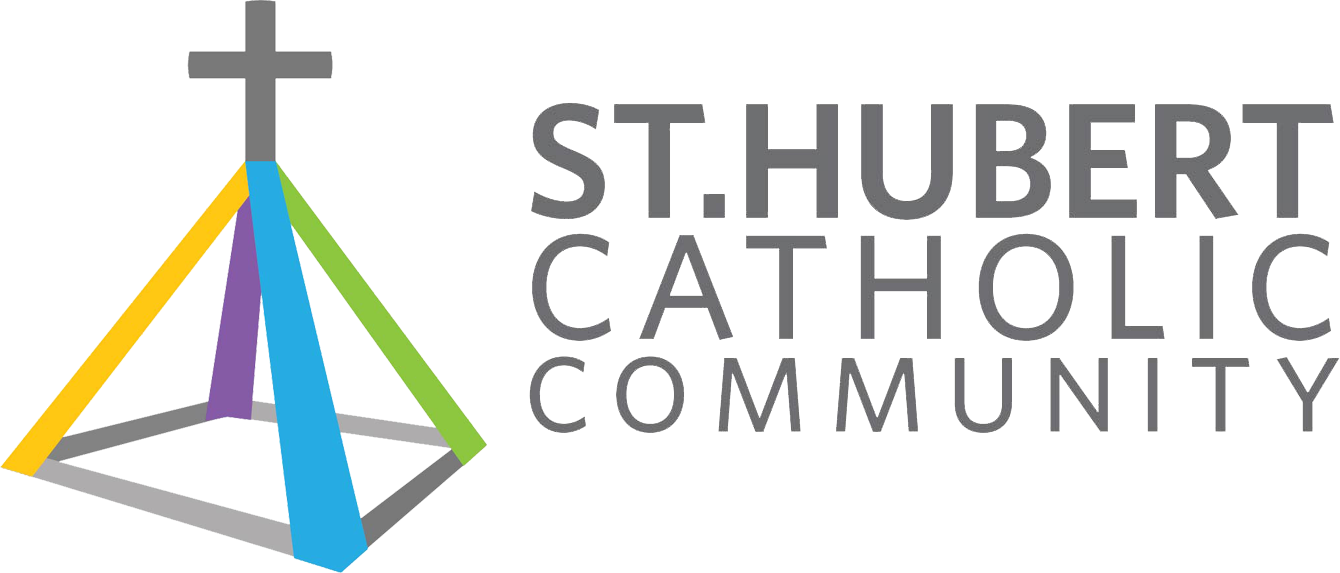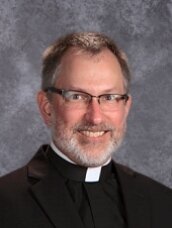By Diane Potts
As part of our response to the COVID-19 pandemic, St. Hubert Pastoral Care Ministry has been reaching out to the seniors and homebound of our community. Initially we contacted registered parishioners over the age of 70 to see how they were doing and to determine if they had any special needs such as grocery or prescription deliveries, or rides to appointments. After the initial screening, follow-up calls have continued as needed.
In the past three months we have also been connecting with the Catholic seniors living at the senior residences within our parish boundaries, including SummerWood, Riley Crossing, Olive Branch Estates and Edendale. These residences currently have strict rules regarding outside visits and in-house activities. These have been challenging times for these seniors, mentally, socially and spiritually. They are used to gathering together with friends frequently for coffee, meals, entertainment and spiritual activities, and these are no longer options for them.
St. Hubert has been reaching out to these communities in creative ways. Phone calls are made to seniors on a weekly or bi-weekly schedule. We arranged to have Fr. Aric visit the residences with the Blessed Sacrament outside of the building to allow the residents a time of adoration with Jesus from their windows. The We Care Card Ministry sent handmade Thinking of You cards as a way to brighten their day. The music ministry provided music (even had an accordion player!) for the SummerWood residents which was enjoyed by all including a few polka dancers!
In our conversations with the seniors, it has amazed us to see the strength of their faith in God during this challenging time. They have remained upbeat in the midst of this quarantine, knowing “this too shall pass.” They continue to be immersed in prayer by watching daily mass on EWTN or St. Hubert livestream, or praying the Rosary or the Divine Mercy Chaplet. Some have taken it upon themselves to stay in touch with other seniors through phone calls and encouraging one another. Seniors appreciate all that St. Hubert staff and volunteers have done to bring Jesus to our world through the livestreamed, recorded, and drive-in Masses. It helps to see familiar faces!
At the same time, we sense that the loneliness and frustration among seniors is increasing as time goes on. There is a huge need for continued contact with them by way of phone calls, cards, or letters. Take time today to reach out to someone you know in our parish!
We are all suffering from coronavirus fatigue, but we are reminded that Jesus is suffering right along with us, and that He feels our pain and frustration. At the same time Jesus also brings us hope! We know that we can trust in Him as we pray the Divine Mercy chaplet. This is a mantra for all of us! “O Blood and Water, which gushed forth from the Heart of Jesus as a fount of mercy for us, I trust in You! ‘Jesus, I trust in You.’” Let us remember the loving care and mercy of Jesus as we journey together through this challenging time.








